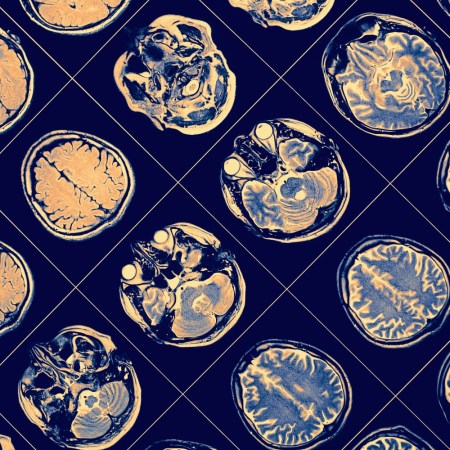Tax hikes tend to infuriate the masses.
But what happens if new taxes are applied to your steak, bacon and Thanksgiving turkey?
Half a million lives would be saved every year — that’s what.
A new study by the University of Oxford tested how imposing a tax on certain foodstuffs (mainly meat and dairy), would counteract the greenhouse gas emissions of large-scale food production. Turns out they’d not only decrease emissions by one billion metric tons every year (that’s more than the entire aviation industry is responsible for), but the price increase would also stop half a million deaths related to unhealthy, meat-centric diets.
The suggested taxes vary depending on how much the specific foods contribute to climate change. For example, as reported by The Guardian, beef prices would need to increase 40% globally “due to the deforestation and methane emissions associated with cattle and the grains they are fed.” Down the line, a 20% tax would be applied to milk, 15% to lamb, 8.5% to chicken, 7% to pork and 5% to eggs. Of course, animal products aren’t the only edible climate change contributors, so the study also includes fare like rice, vegetables and other grains.
Predictably, there are some hurdles to actually implementing this policy. Namely, that adopting a vegan diet remains a much more plausible option for the 1% than it does the general population. Marco Springmann, the leader of the study, recognized that the transition would be difficult for people with limited budgets and food options … not to mention that those groups would be hardest hit by a tax hike.
“The results indicate that the emissions pricing of foods could, if appropriately designed, be a health-promoting climate-change mitigation policy in high-income, middle-income, and most low-income countries,” notes a press release from the University of Oxford. Springmann explains that an “appropriately designed” plan includes income compensation, subsidies for fruits and vegetables, and other careful considerations for low-income families and countries.
Unfortunately for the planet (or fortunately, if you’re McDonald’s), this is simply a study. Don’t expect to witness price-induced shock in your local grocery store anytime soon.
Nonetheless, Springmann told The Guardian there is one simple truth people need to understand: “Either we have climate change and more heart disease, diabetes and obesity, or we do something about the food system.”
Who wouldn’t forfeit a few packs of bacon sausage for that?
This article was featured in the InsideHook newsletter. Sign up now.























